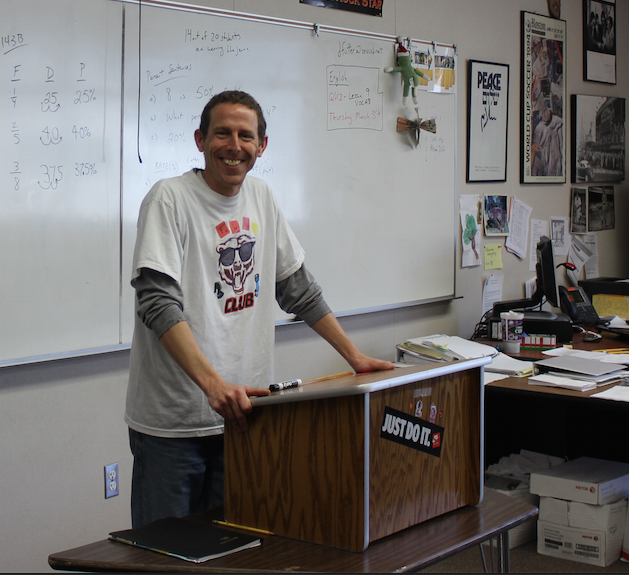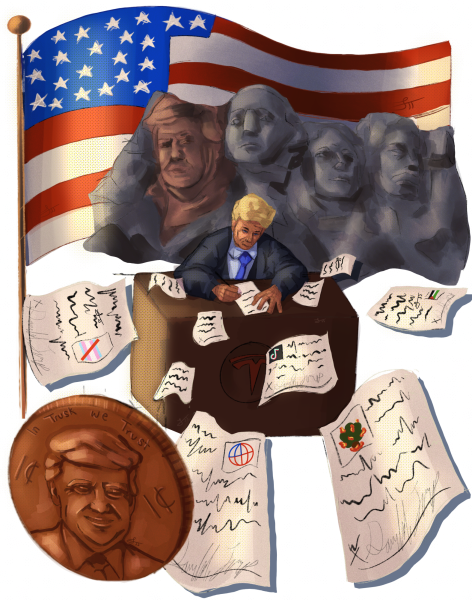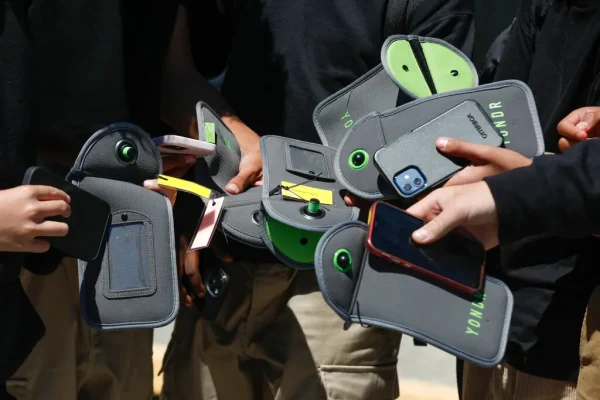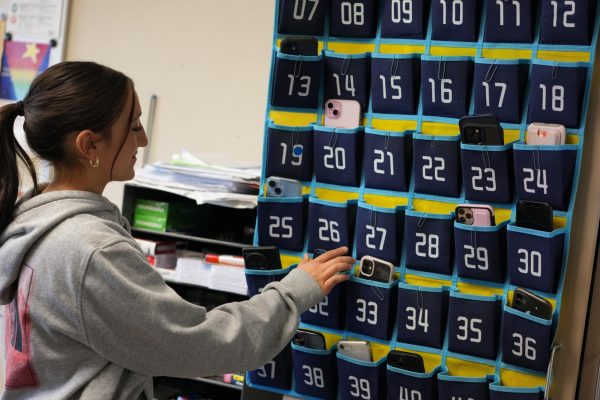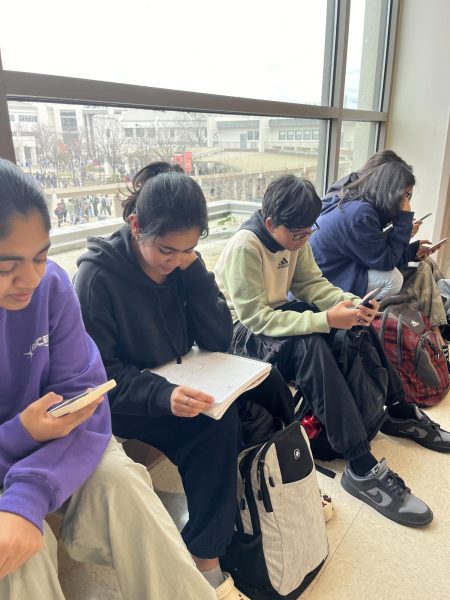Program helps all students achieve
Cal High is full of many amazing programs, but the special education classroom in the Support Services Department is one that often flies under the radar.
When most students think of programs offered on campus, they connect it with various sports, clubs, and academic activities. They often overlook the special education program offered for students with unique individual needs.
“The program and its services vary with each student,” said David Futterman, a teacher in the program. “But the goal is for students to take classes in a general education setting like any other student at Cal High.”
The students in the program may also have a co-teacher to help them with additional academic support.
According to Wendy Isaacs, one of the two school psychologists, every public school in the country has a support services program, but it is modified to address the specific needs of each student.
Cal’s Support Services Department is supported by a total of nine special education teachers, two school psychologists, one speech and language therapist, and a long list of classroom assistants, known as paraprofessionals. They all help out to ensure that the students are getting the most out of the program.
“They would be able to receive accommodations in the classroom that allow them to access the curriculum and be successful,” said Futterman.
Christine Niemoeller is the teacher of the intensive disability class and spends most of her day helping her students develop life skills, become more independent, and understand social norms.
“The teachers in the program have the students’ best interests at heart,” said Niemoeller.
The type of support received by the students is specially tailored to their needs.
Some may be aided by a co-teacher in a certain class in which they are struggling. Other students with severe types of learning disabilities may stay in one class the whole day and work alongside special education teachers and professionals to receive additional speech and physical therapy.
“To determine whether the student has a disability… that’s a very broad statement,” said Futterman. “You have students, for example, who may have a specific learning disability or may have difficulty with reading, writing, or math. You have other students who may have either visual or hearing difficulties that could lead them to qualify for special education.”
According to ED.gov, the Individuals with Disabilities Education Act (IDEA) is a law ensuring services to children with disabilities throughout the nation.
The IDEA gives families with a child who might need special education the right to have their child tested for any special education eligibility or needs. This could qualify them to receive specific services at any school in the nation that would allow them to learn the material in a more suitable environemnt.
The teachers and support staff involved in the Support Services Department work hard to ensure the success and growth of the students.
“The department wants to support students to be successful regardless of their disability,” Cal’s psychologist Roxanne Newman said.
